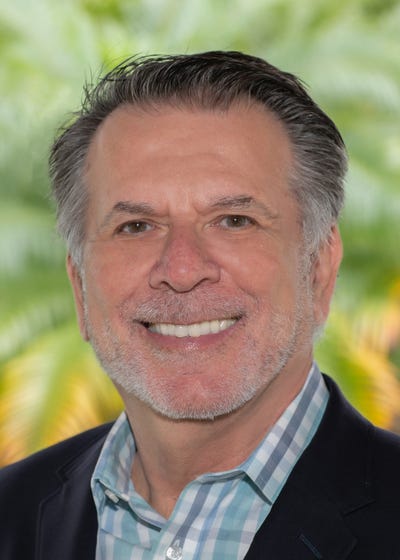Attributes of a Great Retirement Plan AdvisorAttributes of a Great Retirement Plan Advisor
The bar is only getting higher.

Having witnessed the evolution of RPAs since almost the beginning in 1996, it is amazing how far they have come. From selecting and monitoring investments to acting as a co-fiduciary to helping plan sponsors and their participants save money by conducting record keeper RFPs and the move to passive investing, RPAs have made a dramatic impact.
That’s the good news. The bad news is the bar keeps getting higher so pretenders or those not willing or able to evolve will struggle—maybe not go out of the business as they have strong relationships with many clients. They will struggle to keep up with the elite RPA that treats the Triple Fs as table stakes focused on serving participants’ financial and benefits needs beyond saving for retirement.
While the defined contribution industry should welcome wealth advisors because of the explosion of smaller plans despite decades of trying to keep them out, well-trained and experienced RPAs serving larger plans have critical advantages. Because of significant fee compression and the need to serve both corporate clients and individuals as well as leverage the convergence of wealth, retirement and benefits at the workplace, RPAs have been forced to become better business and people managers.
As UCLA professor Iris Firstenberg explains during TRAU C(k)P sessions, most things come in threes. So here are three triads that define a great RPA.
Triad No. 1: Industry/Business Expertise
Geeky knowledge – The best RPAs are not just knowledgeable; they are geeks reveling in a complete understanding of ERISA, constantly learning.
Good Salespeople – Everything starts with sales, without which there is no business.
Business management – The best RPAs know how to run a business. The test: can they step away for extended periods of time and still have a thriving business?
Triad No. 2: Science and Technology
BeFi – Not just knowledge of behavioral finance, which spawned the auto plan, but understanding how to sell and implement it.
Technology - Beyond leveraging technology to create efficiencies, RPAs need to lean into AI to bring advice at scale to the masses as well as amplify staff who are hard to find and train.
Data – Getting data is hard, but it is just the start. Great RPAs will know how to manage and leverage it while keeping it safe.
Triad No. 3: Human Elements
Compassion – Without empathy for clients, advisors will not be able to understand the issues to be solved. Empathy includes the ability to put ourselves in other people’s shoes which also makes for great communicators.
Selflessness – Beyond fiduciary, advisors must be able to put others ahead of their own interests. Simply put, doing well by doing good. Seeing the universe as limitless (the more you give, the more you get) vs. limited (if you win, I lose). You can still make money, just not by exploitation and not all the time.
Vision – Almost all of us want to know the truth, even if that means we may be wrong or must start over. Most academics thank anyone who proves them wrong as their focus is on the truth, not being right.
Along with these nine attributes, for RPAs to succeed going forward, they will need capital, which is why many are joining larger groups like aggregators and strong partnerships with record keepers, TPAs, money managers and tech firms. Finally, RPAs need to understand and embrace marketing, thought leadership and branding, which is counterintuitive for most salespeople.
As RPA RFPs begin to proliferate, just as they did for record keepers decades ago, it will become obvious for plan sponsors to see who is swimming naked, especially if the process is conducted by an independent professional.
As DC industry continues to evolve beyond the Triple Fs and plan sponsors wake up to what they should expect and demand from their advisors, the stakes will only get higher. As provider resources become scarce, they will shift support to the ones they think will win, not just survive. The bar will only get higher, which is great because it will force RPAs to get better, which in turn will result in healthier outcomes, just as it has over the past 30 years.
Fred Barstein is founder and CEO of TRAU, TPSU and 401kTV.
About the Author
You May Also Like







